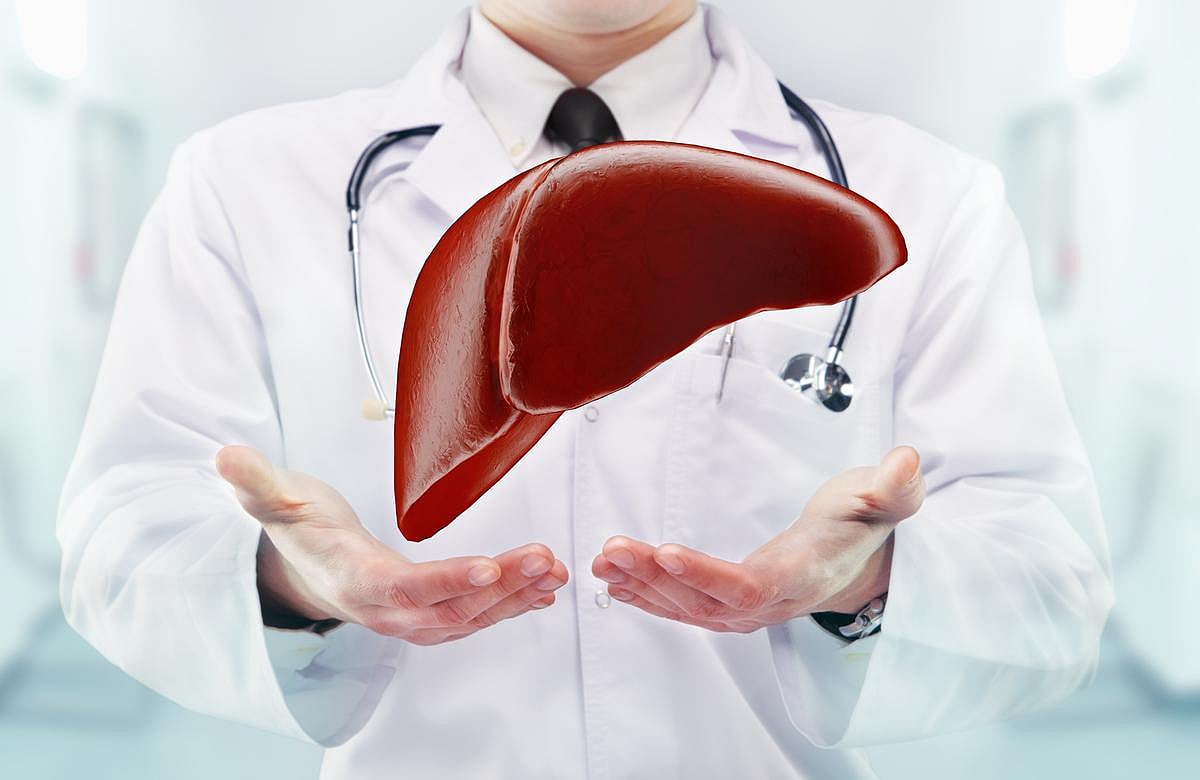Get Healthy!

- Ernie Mundell
- Posted July 29, 2025
Most Liver Cancers Are Preventable, Study Says
Liver cancer: In most cases, it doesn’t have to happen, a new global study finds.
Research suggests that 60% of cases of this often deadly disease are preventable by avoiding or treating big risk factors.
Those risk factors include viral hepatitis infection, alcohol misuse or a dangerous, obesity-linked buildup of fat in the liver.
The finding highlights “a huge opportunity for countries to target these risk factors, prevent cases of liver cancer and save lives,” said study first author Dr. Stephen Chan of the Chinese University of Hong Kong.
His team issued its findings July 28 in a special report on liver cancer published by The Lancet.
As Chan’s team notes, liver malignancies rank as the sixth most common cancer worldwide and the third-leading cause of cancer deaths.
Some countries are being hit much harder than others: China, in particular, is burdened with more than 40% of the world’s liver cancer cases, largely due to widespread hepatitis B illness.
Without further intervention, cases of liver cancer are expected to nearly double globally by 2050 to more than 1.5 million cases annually, the report found.
When cancer affects the body’s blood-cleansing organ, it can be very difficult to treat.
“It is one of the most challenging cancers to treat, with five-year survival rates ranging from approximately 5% to 30%,” noted report co-author Dr. Jian Zhou of Fudan University in China. “We risk seeing close to a doubling of cases and deaths from liver cancer over the next quarter of a century without urgent action to reverse this trend.”
Many cases of liver cancer can be avoided.
One preventable cause is metabolic dysfunction-associated steatotic liver disease (MASLD) — a slow, steady buildup of fat within the liver, often tied to obesity.
Up to a third of people worldwide have some level of MASLD, according to the researchers, and as obesity rates rise, cases of the condition are expected to follow suit.
By 2040, it is projected that 55% of Americans will have MASLD, upping their odds for liver cancer, the report’s authors said.
“Liver cancer was once thought to occur mainly in patients with viral hepatitis or alcohol-related liver disease,” noted report co-author Dr. Hashem El-Serag of Baylor College of Medicine in Houston. “However, today rising rates of obesity are an increasing risk factor for liver cancer, primarily due to the increase in cases of excess fat around the liver.”
On the other hand, inroads made against viral hepatitis B (HBV) and C (HCV) mean their impact on liver cancer rates are waning.
The authors note in a journal news release that “the proportion of liver cancer cases linked to HBV is expected to decrease from 39% in 2022 to 37% in 2050, while HCV-related cases are projected to drop from 29% to 26% over the same period.”
Better efforts to vaccinate against hepatitis B and screen for (and treat) hepatitis C could drive down liver cancer rates even further, the team said.
Diagnosing and treating MASLD would also help.
“One approach to identify patients at high risk of liver cancer would be to introduce screening for liver damage into routine healthcare practice for patients at high risk of MASLD, such as individuals living with obesity, diabetes and cardiovascular disease,” El-Serag said in the news release.
Better advocacy around healthy diets and regular exercise can also help, he added.
Even cutting liver cancer cases by 2% to 5% per year could mean that 9 million to 17 million new cases of liver cancer could be prevented worldwide by 2050.
That translates to up to 15 million lives saved, the report’s authors said.
More information
Find out more about MASLD and liver cancer at the Fatty Liver Alliance.
SOURCE: The Lancet, news release, July 28, 2025





